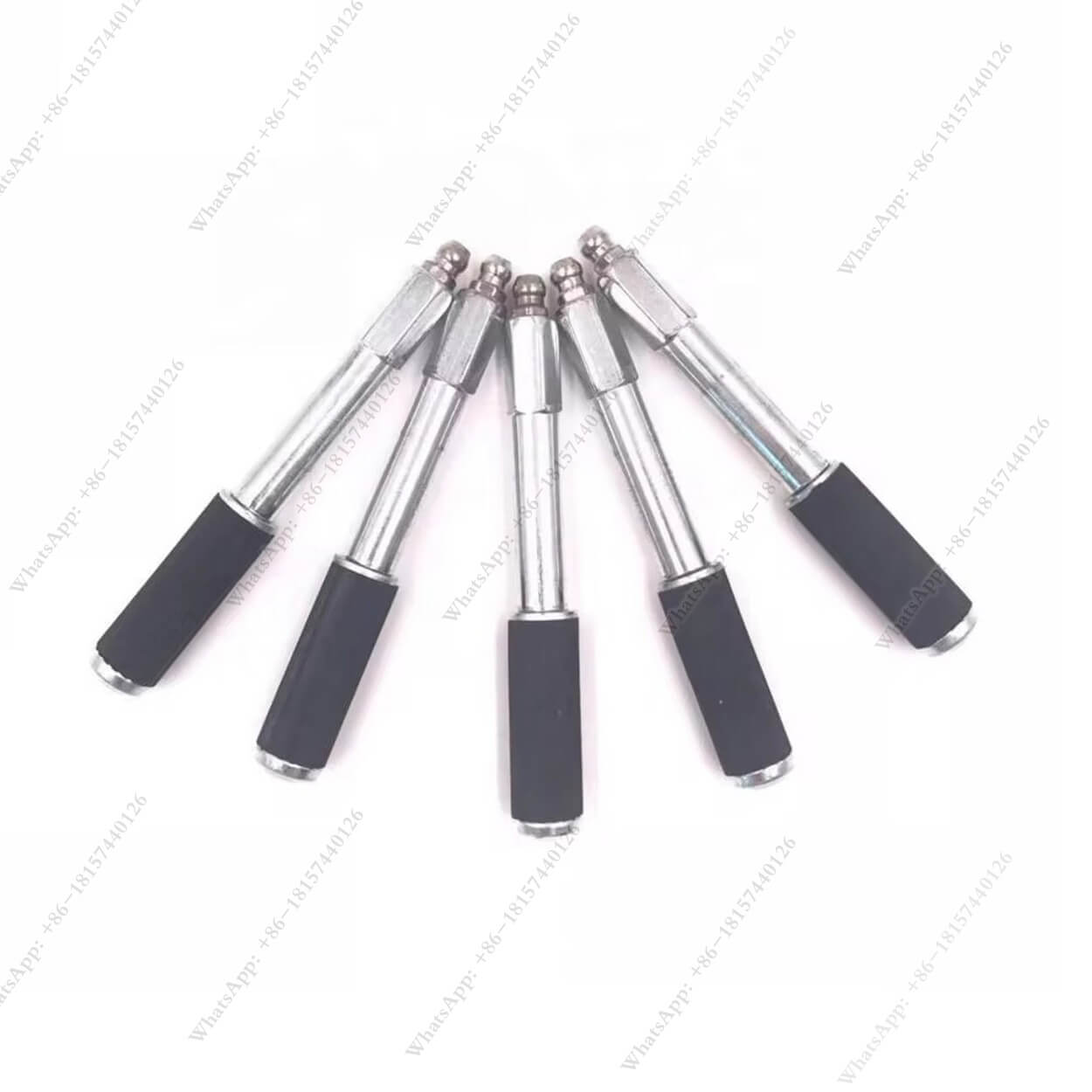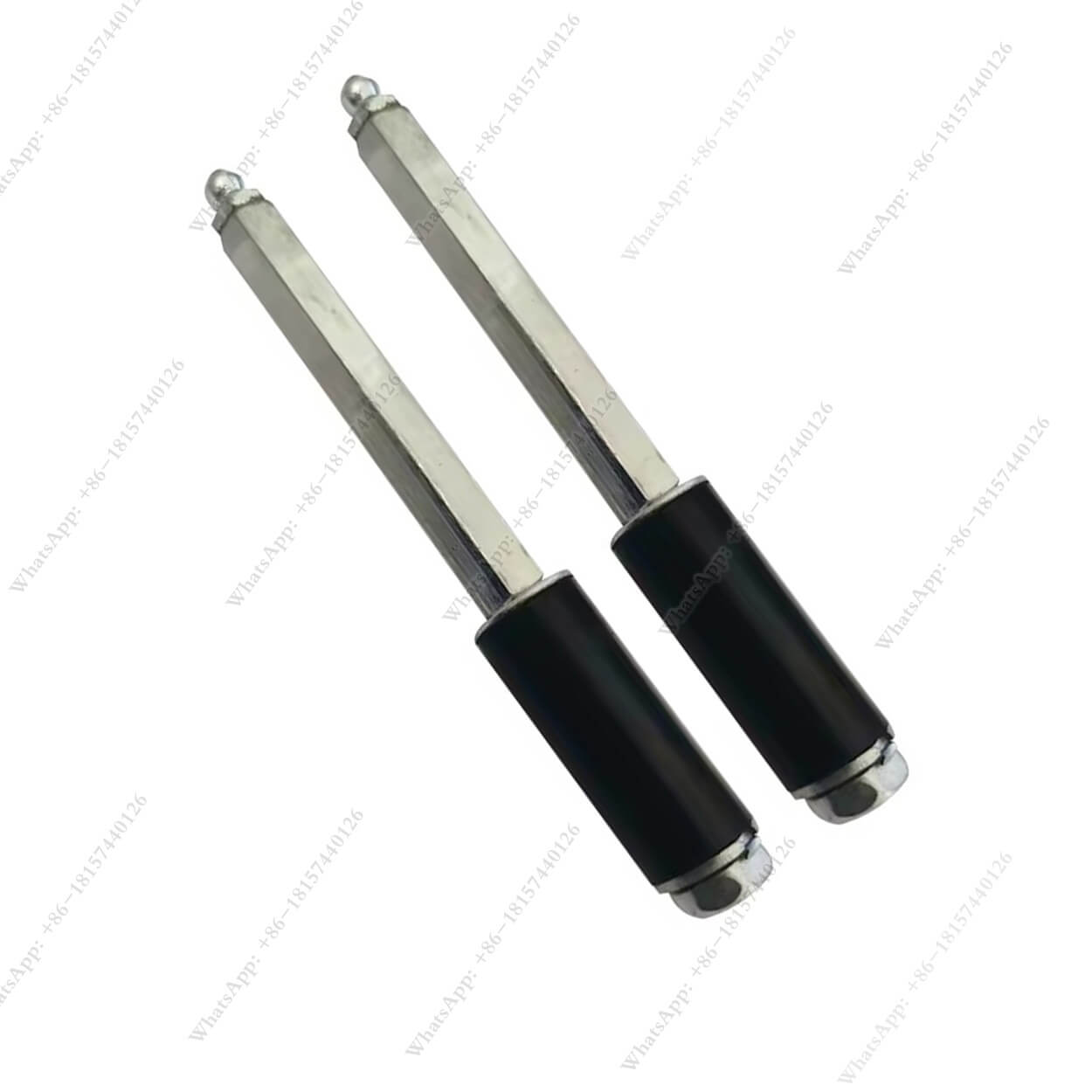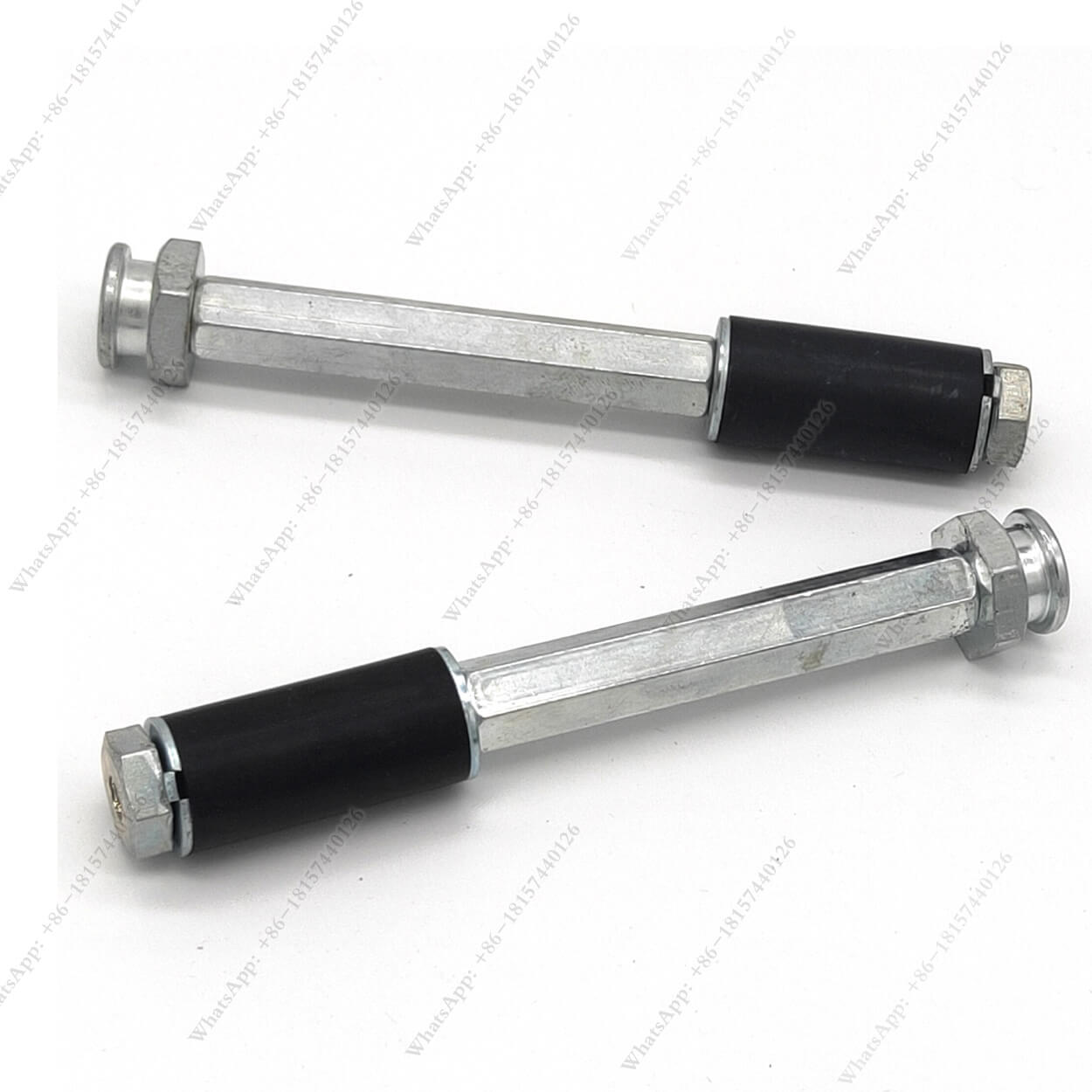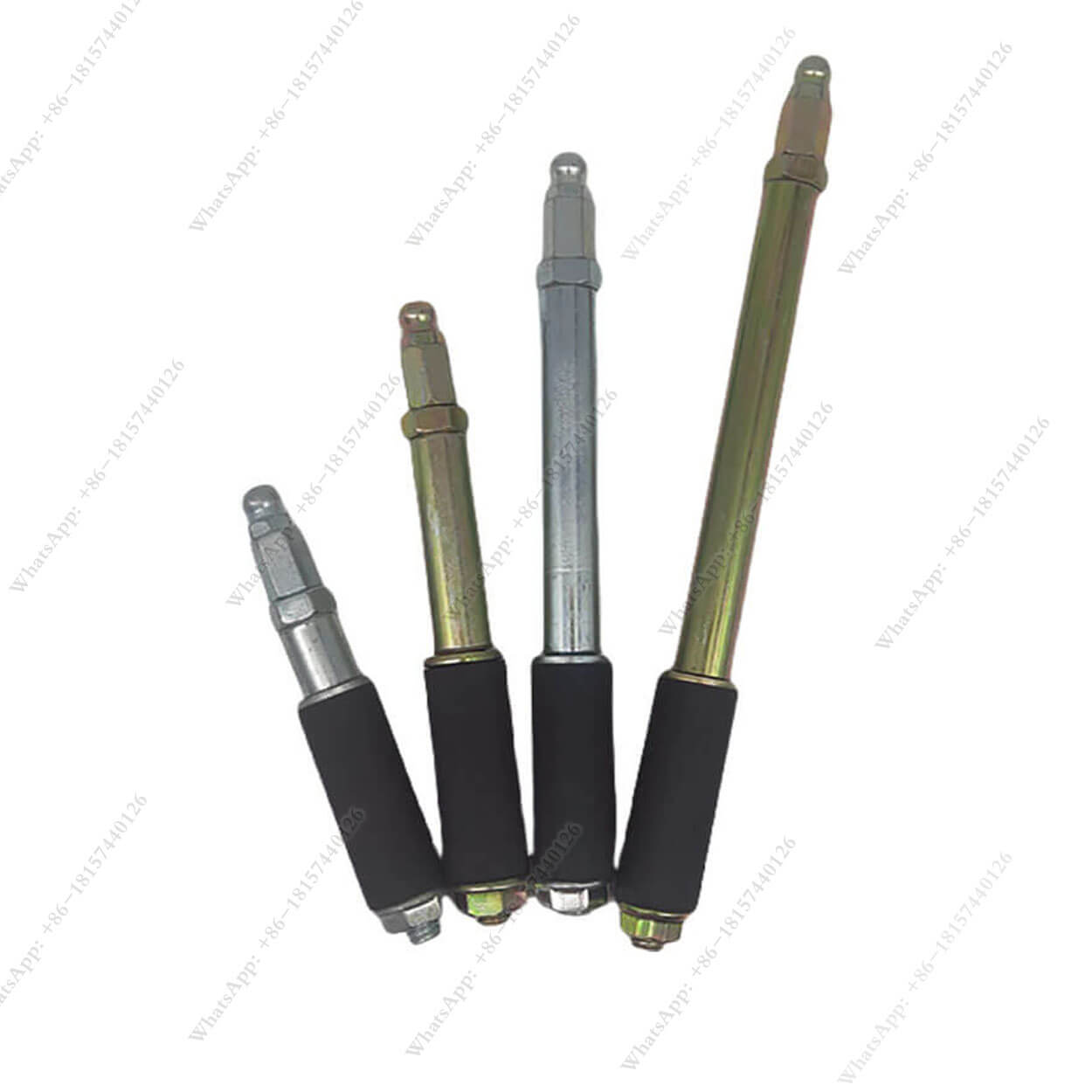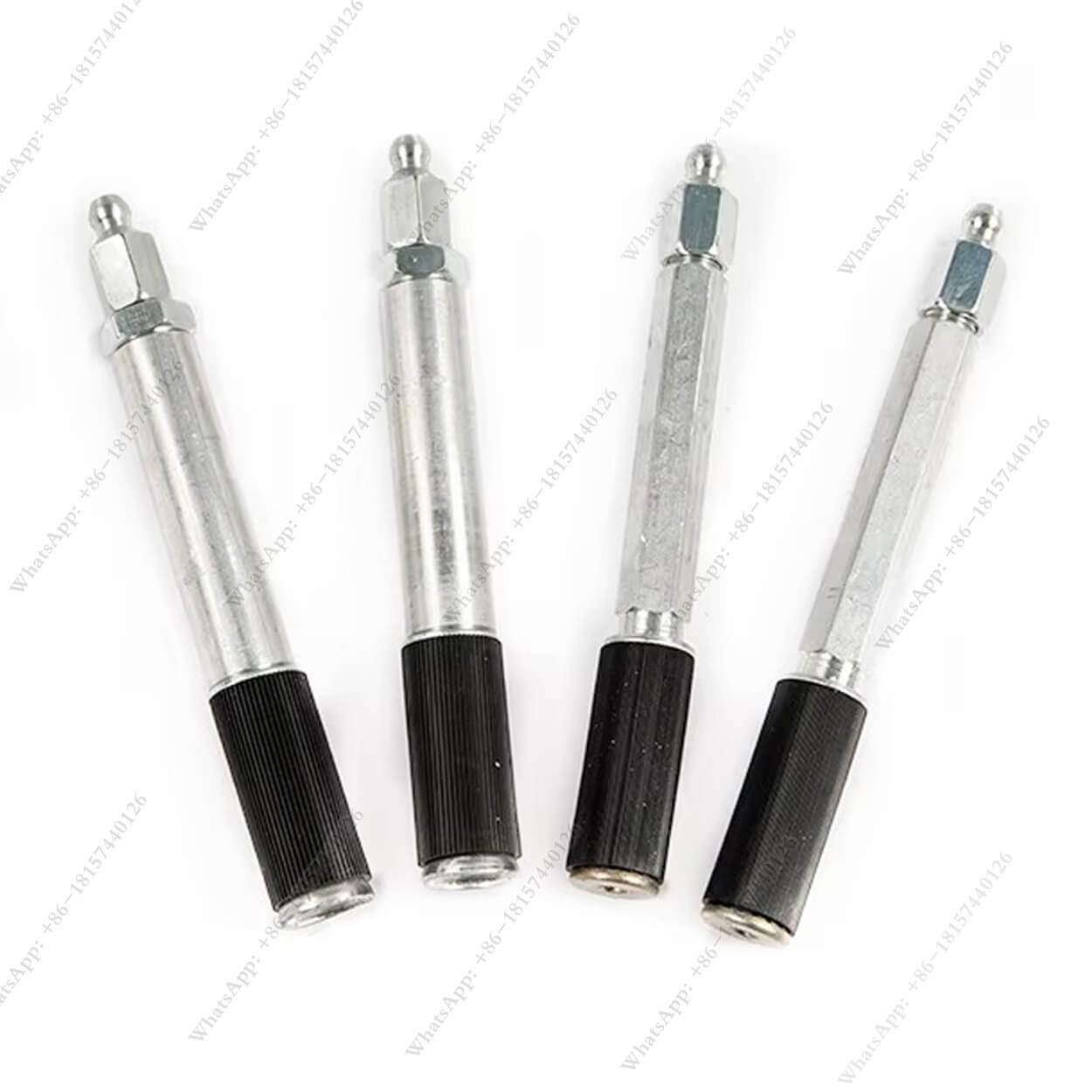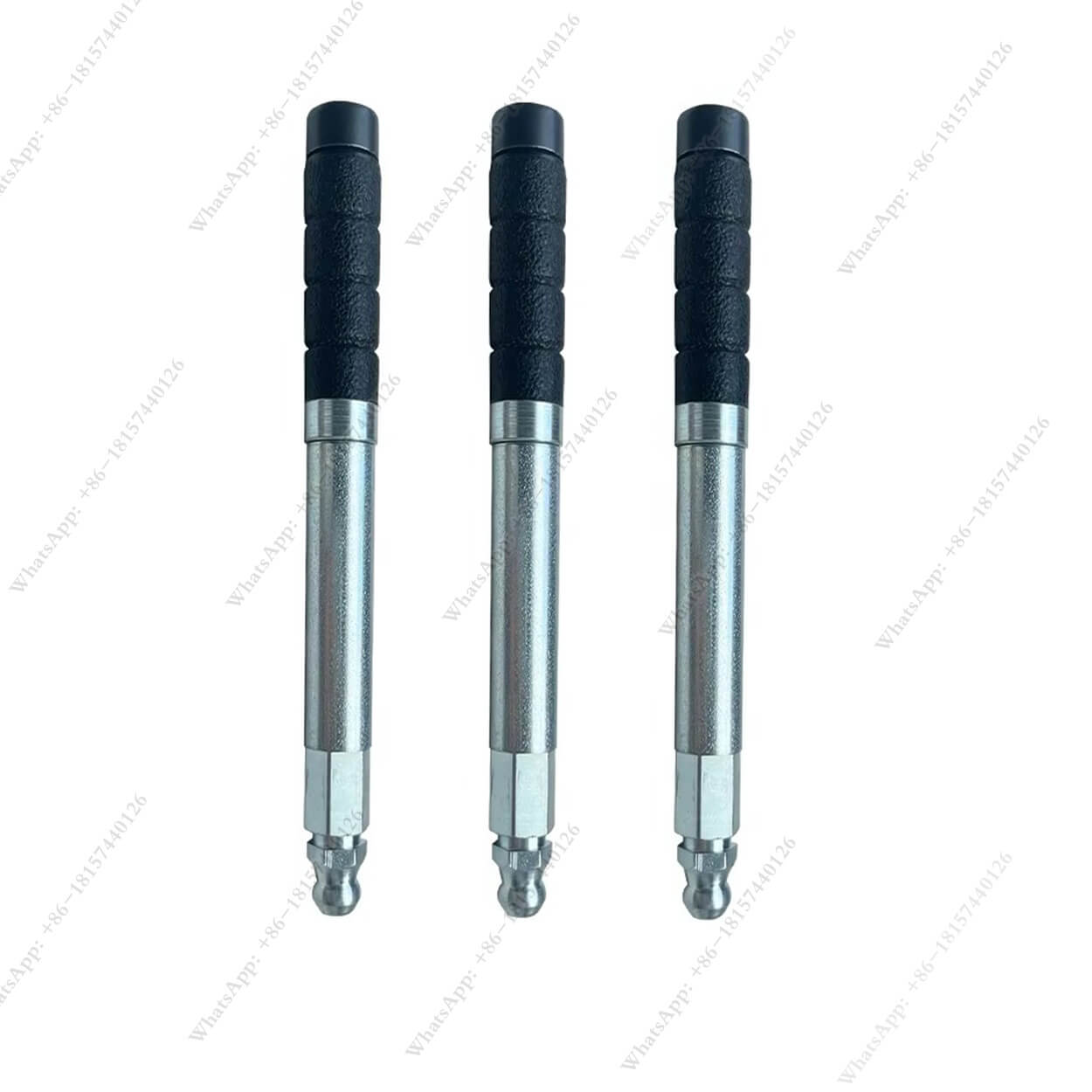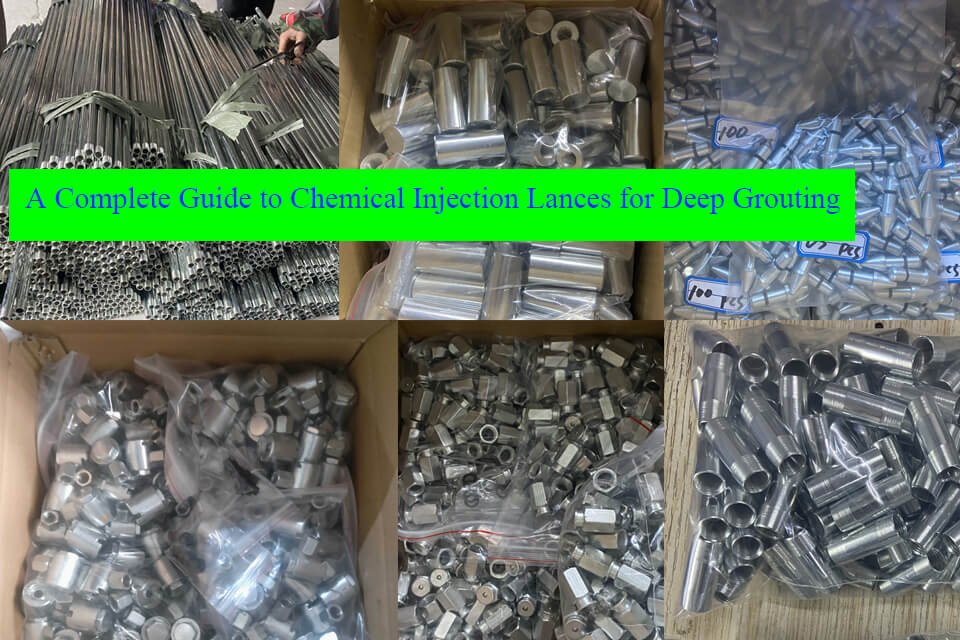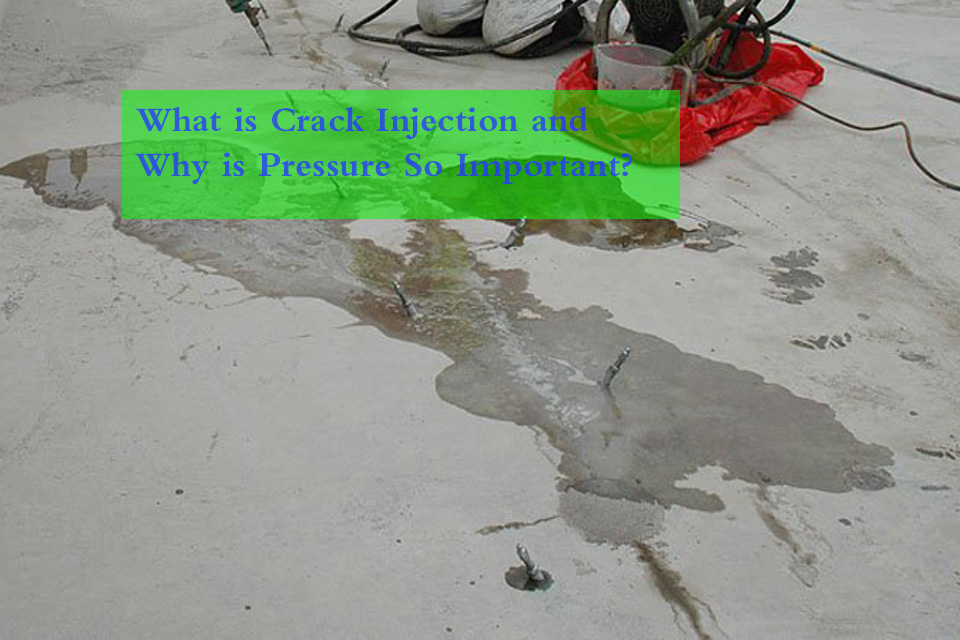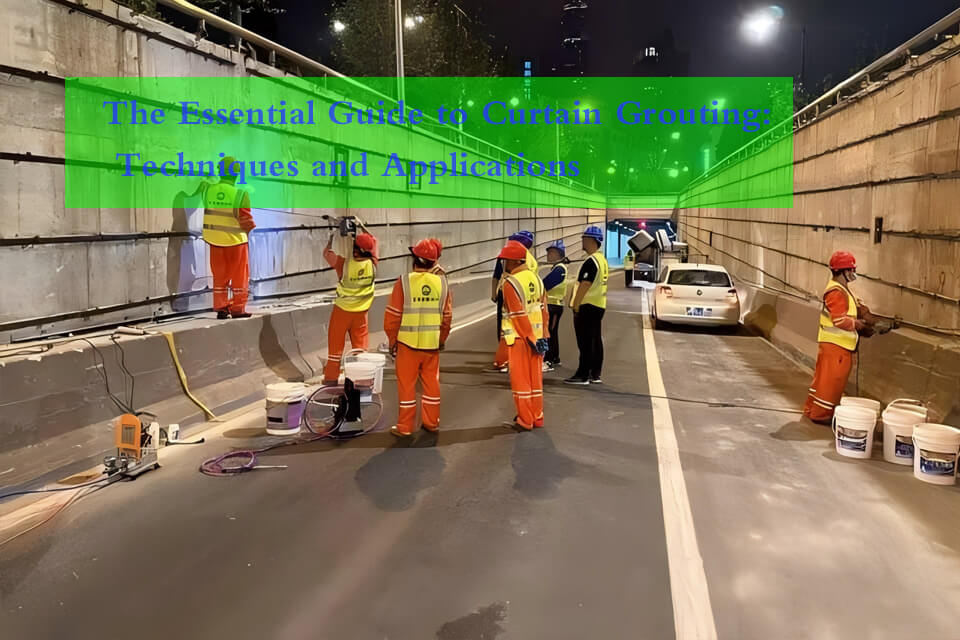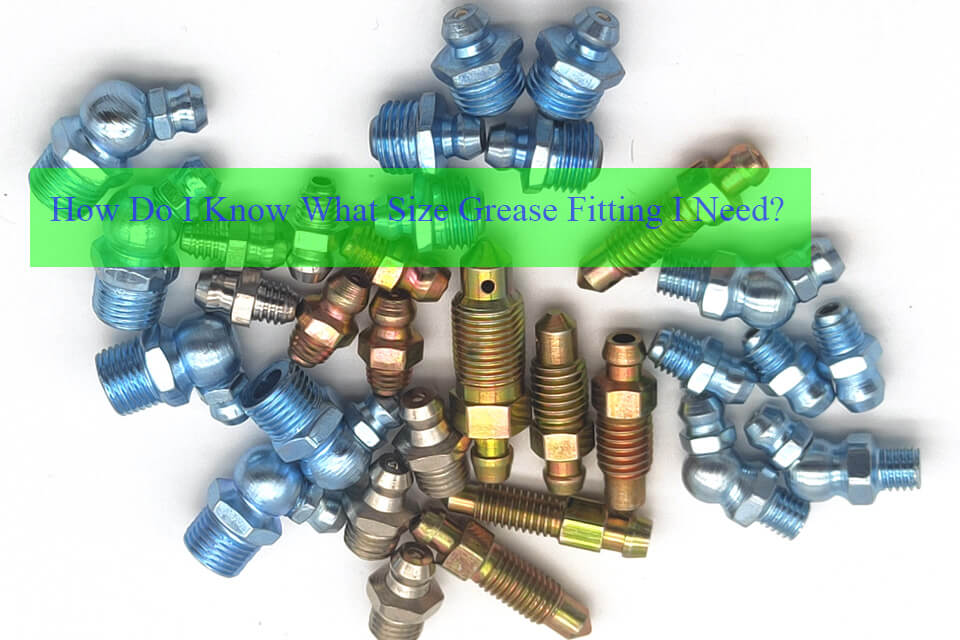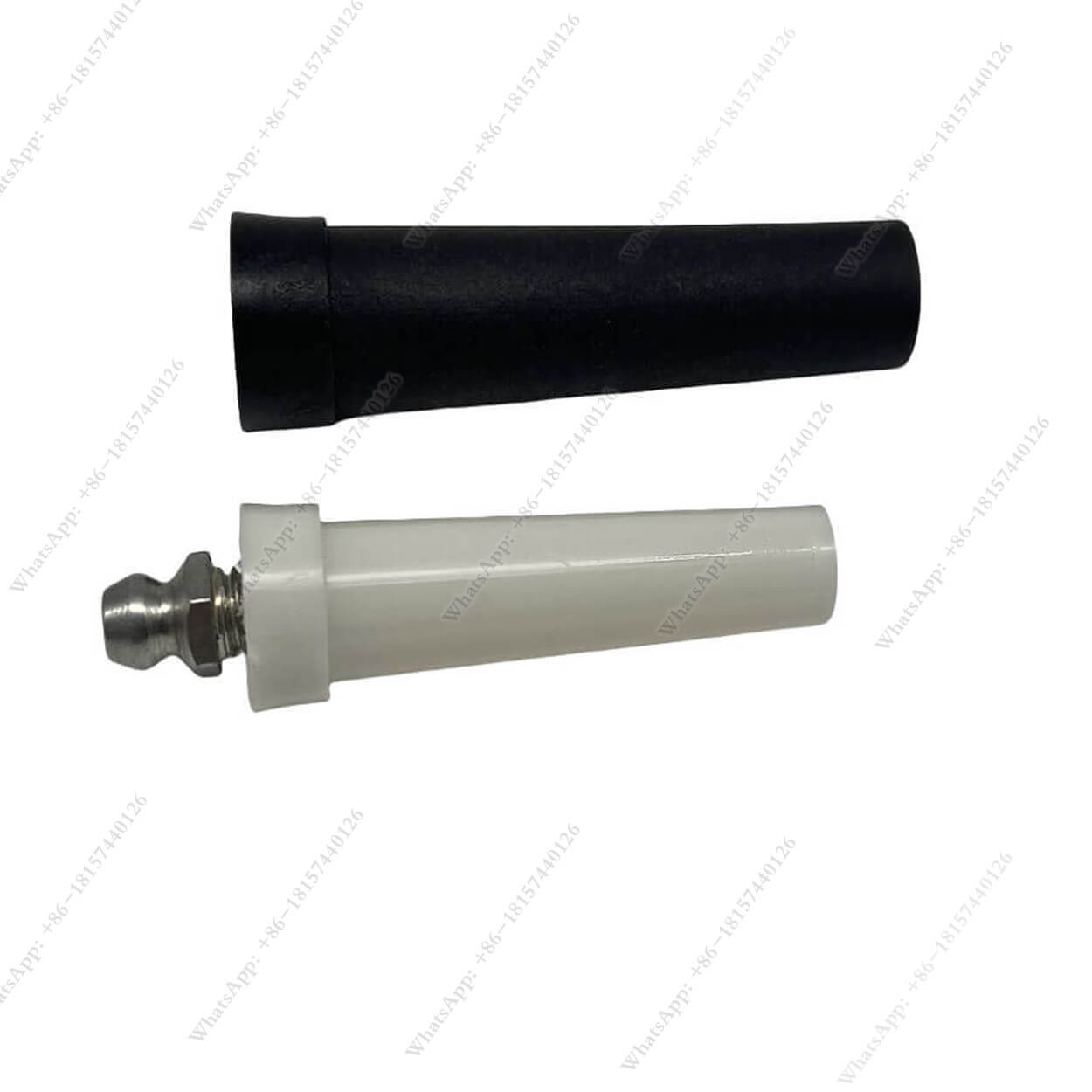

How to Fix Foundation Cracks: Comprehensive Guide to Repairing Cracks in Your Concrete Foundation
Foundation cracks can be an alarming sight, but understanding how to address them can save you time, money, and worry.
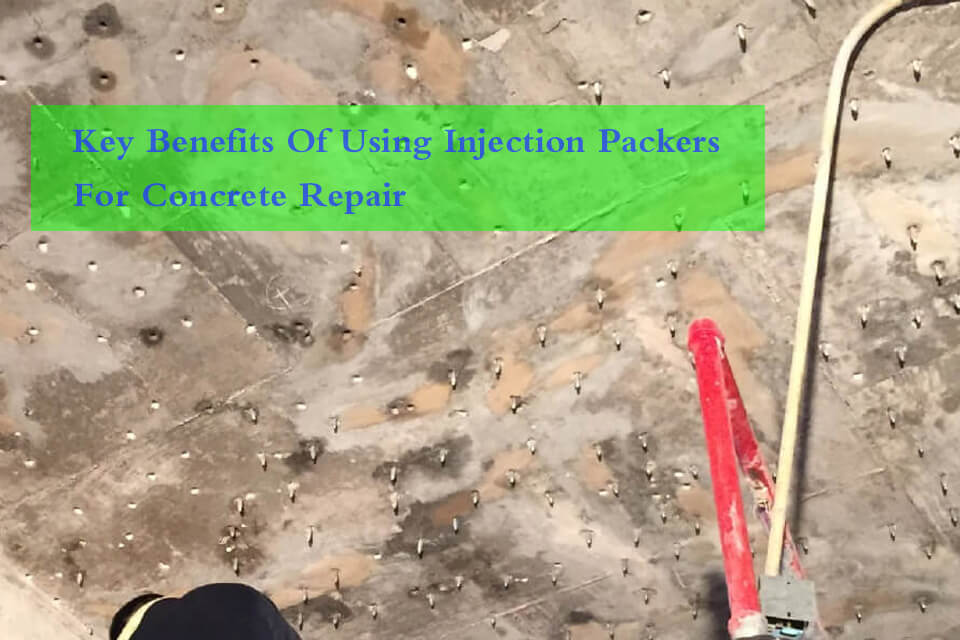
Key Benefits of Using Injection Packers for Concrete Repair
Injection packers are an essential tool for addressing cracks and structural deficiencies in concrete. These devices allow for precise application of repair materials
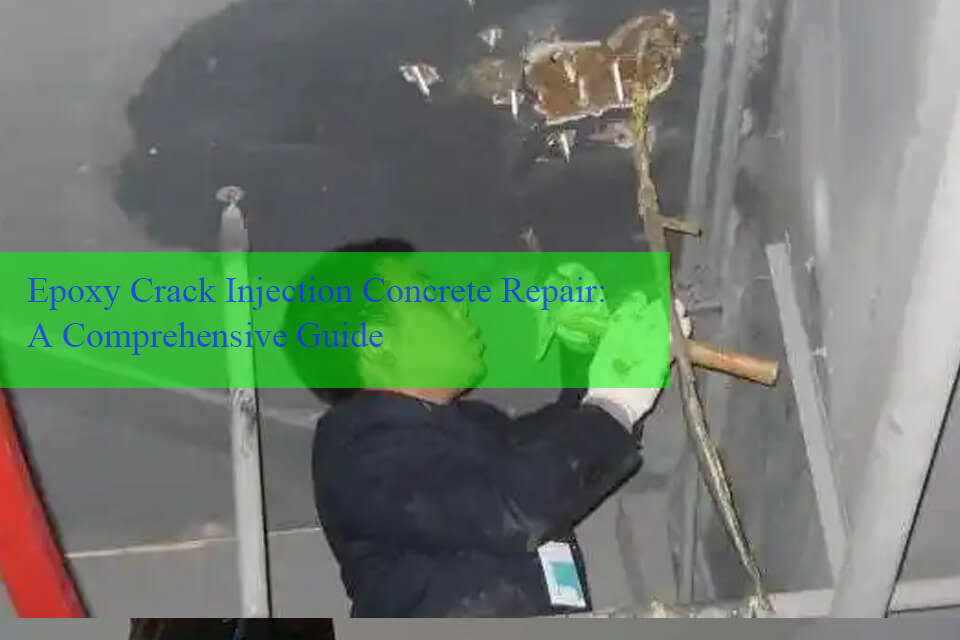
Comprehensive Guide of Epoxy Crack Injection Concrete Repair
Epoxy crack injection is a reliable and scientifically advanced method for repairing concrete structures, particularly those suffering from cracks.

